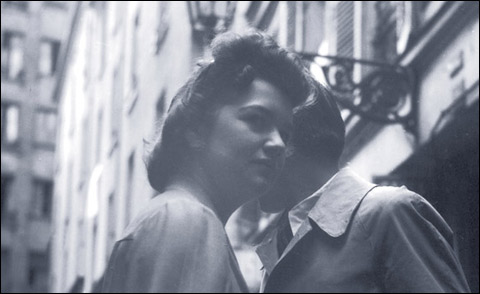
SEPTEMBER OF HIS YEARS: In Alan Furst’s fiction, decent heroes try to navigate their way through heartbreaking choices. |
One of the purposes of escapist reading is to feed our daydreams. And for those of us who daydream about being the hero who takes care of the villains, our fantasies usually gravitate to either the brainy (the type of suave, quick-witted fellow who knows his way around an encrypted message, or a wine list) — or the brawny (the kind who says little, takes in everything, and kicks ass with righteous dispatch).Spies of the Balkans | By Alan Furst, Random House, 288 pages, $26 Operation Mincemeat: How a Dead Man and a Bizarre Plan Fooled the Nazis and Assured an Allied Victory | By Ben MacIntyre, Harmony Books, 400 pages, $25.99 61 Hours | By Lee Child, Delacorte Press, 383 pages, $28 |
This summer, there are books to appeal to both of those fantasies. It's no accident that two of them take World War II as their setting. Maybe because it offers one of the last examples of what seems like a clear moral choice, World War II has never diminished as a staple of espionage fiction and thrillers.
But not all espionage fiction and popular history has been willing to take that easy black-and-white morality. I haven't seen HBO's The Pacific, but it's significant that one of the sources for the show, Eugene Sledge's memoir With the Old Breed, is a dose of the reality and of the futile barbarism of combat that washes away any Greatest Generation piety.
And Alan Furst, who is probably the current preeminent writer of espionage fiction, made his reputation and his following (at first in England, and then here) with a series of thrillers that destroyed the sentimentality about the communists providing a brave alternative to the fascists. Books like The Polish Officer and Night Soldiers made it clear sometimes that choice was barely a choice at all.
In his last four or five books, Furst's writing has become increasingly elliptical and picaresque. The suspense is still there but the urgency is not. What's left is a form of ruefulness, the attempt of decent heroes to navigate their way through heartbreaking choices, seen as if from a vantage years later. Furst's new Spies of the Balkans might be the "September of My Years" of spy novels. As in the Sinatra song, there is fondness mixed with regret:
She stopped, two steps below him, and said, "No, what I told you at the airfield was the truth — I was in Salonika for something else. Then I met you and what happened, happened." She stayed where she was, and when at last she spoke her voice was barely audible and her eyes were cast down. "I was in love with you."
That's a British agent talking to her former lover, who is also Furst's hero, Costa Zannis, a police officer trying to stay afloat in 1940 Greece. His country is at war with Mussolini, and Greek resistance (or lack of it) to the Nazis in the Balkans will determine the country's next few years. The novel is largely about how Zannis becomes involved with the smuggling of Jews from Berlin through Greece to Turkey.